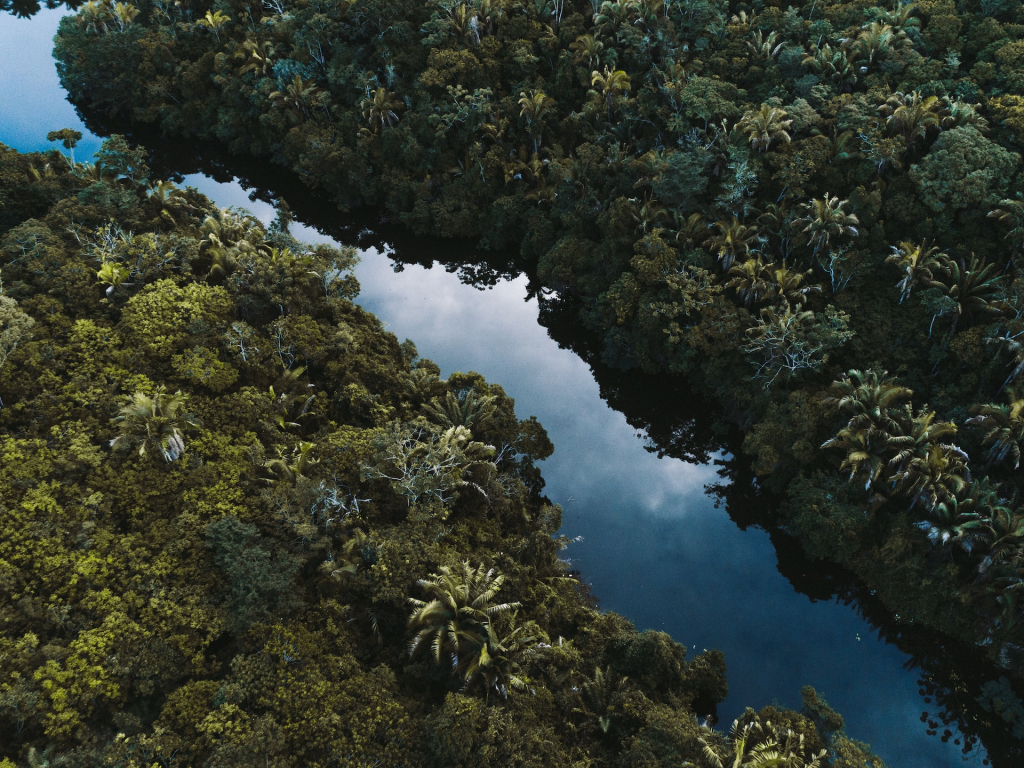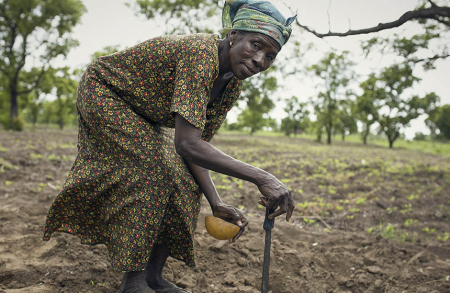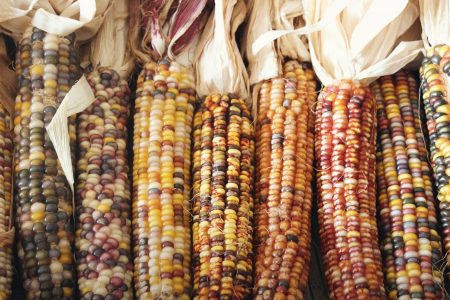Indigenous community-led reforestation and agroforestry in the Amazon

This case study highlights the work of Instituto Raoni, which protects and surveils over two million hectares of indigenous land, including the largest remaining contiguous segment of the Amazon rainforest.
Instituto Raoni (Raoni Institute) is the organizational face of the Kayapó, a Brazilian indigenous group that is fighting deforestation of the Amazon. The Kayapó indigenous peoples’ land is located in the so-called “Deforestation Ring” of the Amazon where deforestation pressures are most severe. Their territory is also part of the South Amazon Ecotones Ecological Corridor which is remarkably rich in biodiversity. Instituto Raoni encourages young Kayapó community members to act as “video warriors” documenting illegal logging and other activities that risk the integrity of their land. It also works to enable and teach sustainable agriculture and agroforestry methods to support the conservation of their land. In particular, Kayapó women play a key role in their communities as the sole custodians of agriculture and work to recover degraded land and implement agroforestry principles.
One of the main interventions has been the reduction in the use of fire to prepare land for agriculture to both reduce the communities’ carbon emissions and the impact of forest fires. Partnerships with NGOs have allowed for the expansion of sustainable agricultural practices, community farms, and the conservation of traditional crop varieties to further bring community needs into harmony with the surrounding landscape and ecosystem. Efforts to strengthen sustainable production chains have allowed the selling of handicrafts and non-timber forest products.
The work has resulted in benefits for mitigating the communities’ climate change impacts via reduced reliance on fire in agricultural practices, which also limits the risk of fires spreading and further contributing to deforestation. Ecosystem Health benefits arose from from Kayapó women recovering 13 hectares of degraded land through the implementation of agroforestry systems with an emphasis on the planting of native fruit species. The strengthening of fair-trade production chains, including the production of non-timber forest products like honey, is also reported to have generated income between BRL $500.00 (US$134) and BRL $2,000.00 (US $36) for nearly 70 indigenous families.
Read more about Instituto Raoni in the full case study on our global online platform.




